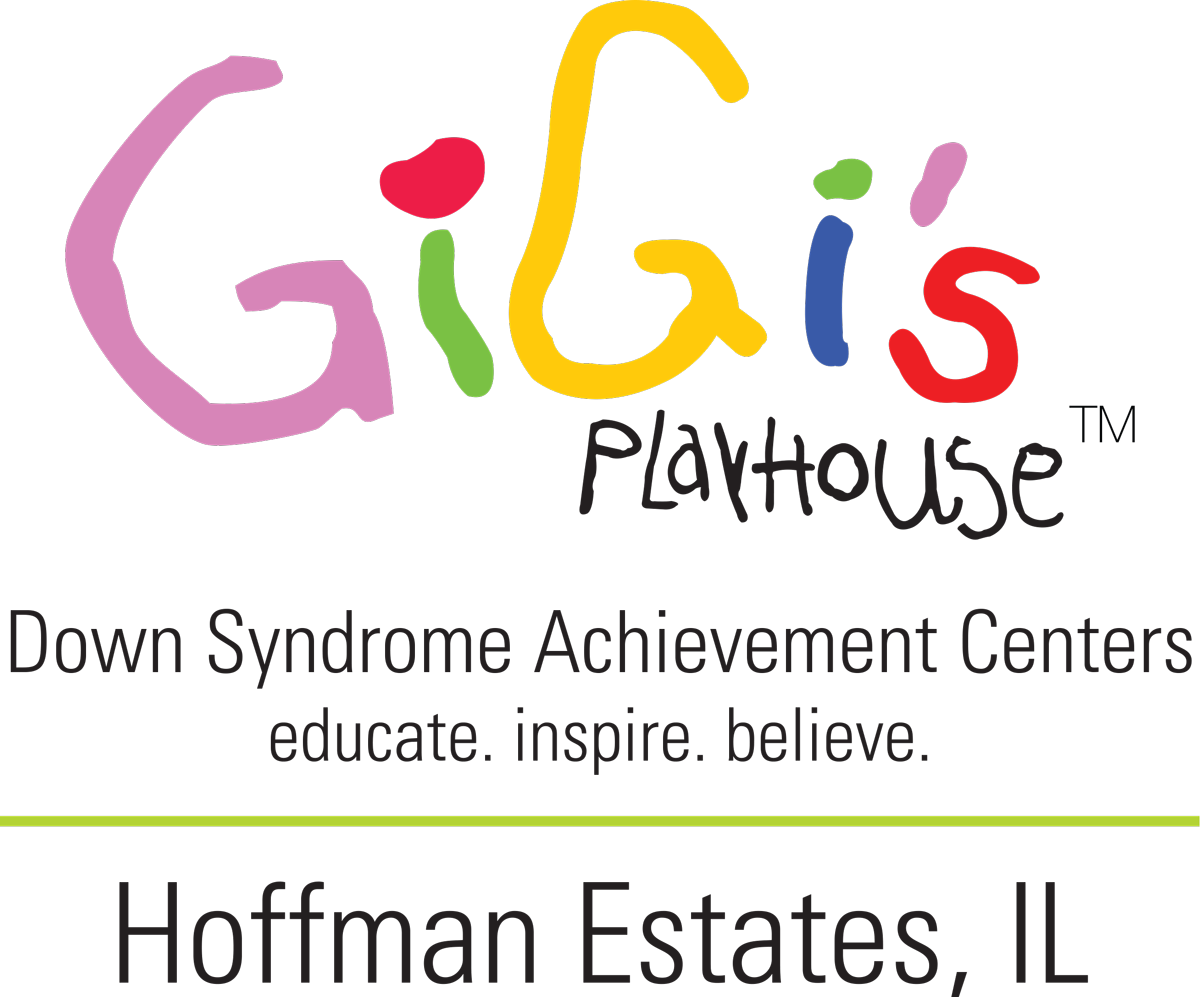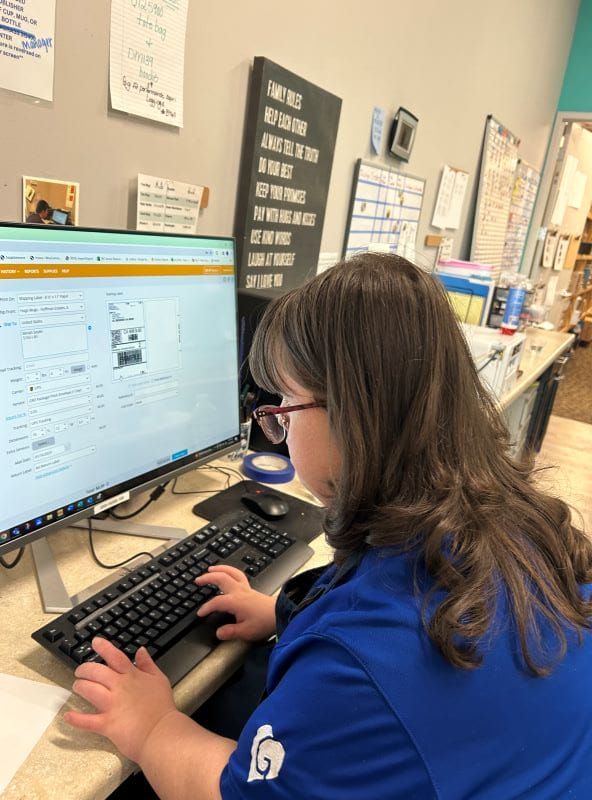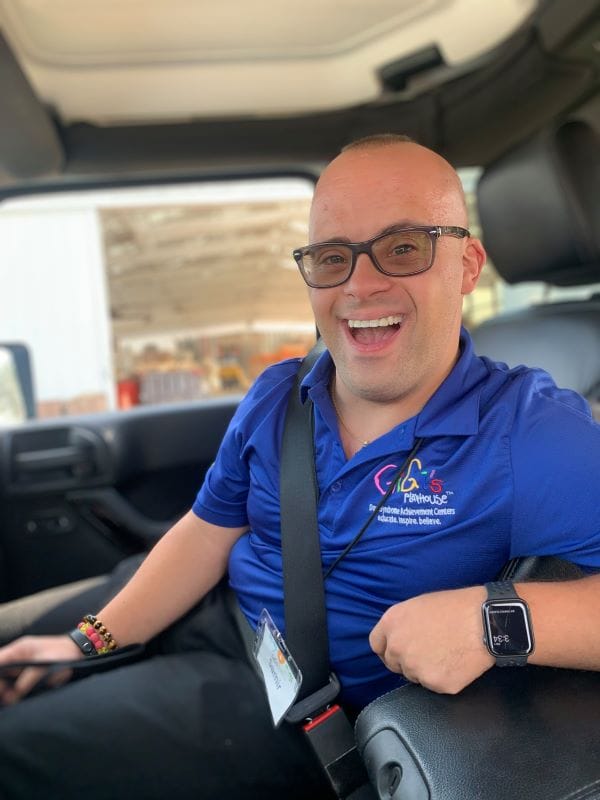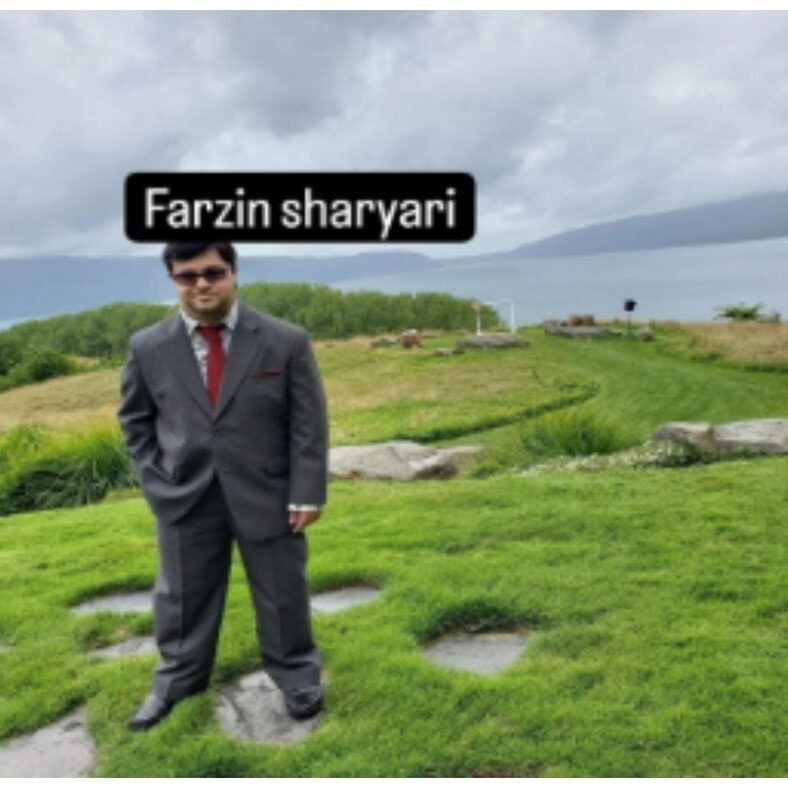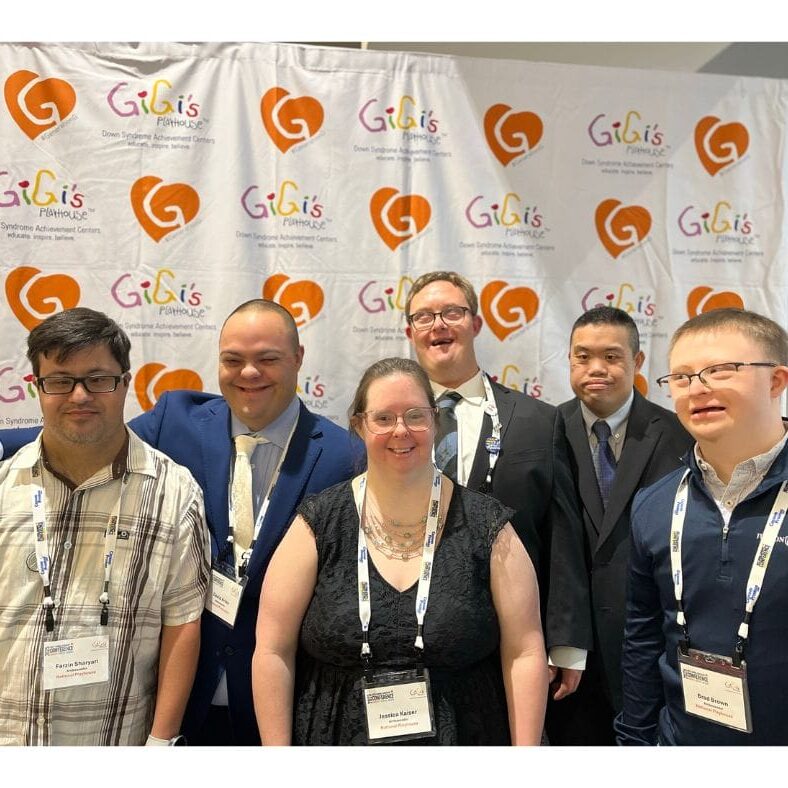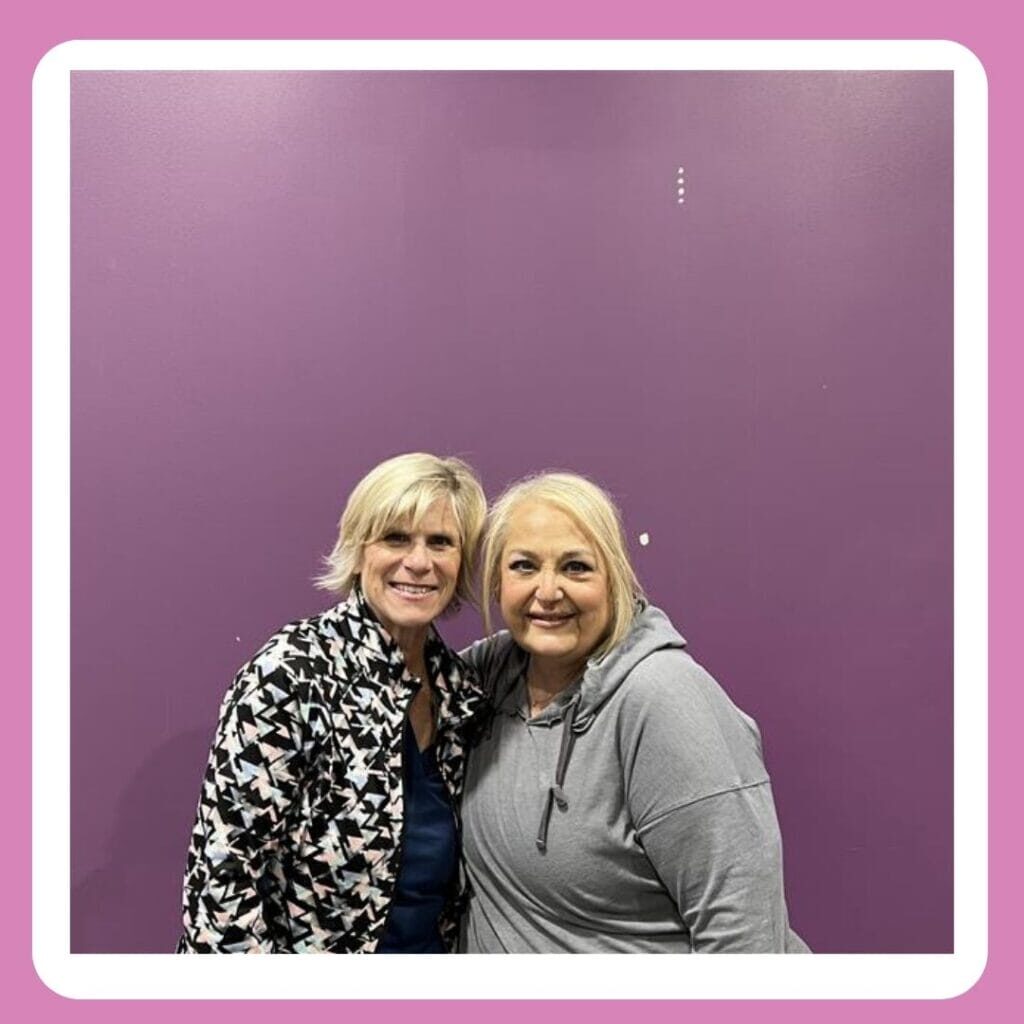Let’s Call Them What They Are; Adults
In most states in the United States of America, an adult is any person who is 18 years or older. This means that all people, regardless of ability, are considered adults when they turn 18 years old and should be referred to as such.
It’s a simple concept to grasp in theory, but in reality, it’s a different story. Too often, our society picks and chooses who we view as adults, regardless of age. This is especially true when it comes to individuals with intellectual and developmental disabilities.
Adults with disabilities are constantly referred to as ‘kids’ by people in the community, volunteers, teachers, and even their parents. In addition to that, people often treat individuals with disabilities like they are children. Some people use simple and patronizing language when talking to people with disabilities. They may raise their voice and speak slowly and deliberately or ignore the person altogether by talking to their companion, sign language interpreter, or another adult instead. Though no harm or bad intent is meant by treating adults as kids, it has damaging effects. Ultimately, infantilization is a form of ableism.
Kids and adults have different abilities associated with their ages. A seven-year-old girl may not understand stranger danger, and while a 28-year-old student with Down syndrome may need more support to learn that skill, it is a skill that can be learned. By referring to adults with different abilities as kids or children, you are limiting them to what you think they can achieve. It is damaging to adults because it can decrease their self-worth.
Infantilizing adults with disabilities negatively impacts all of society. Since adults with different abilities are often referred to and treated ‘kids’ they are often viewed as such. Because of this, adults with disabilities are typically not given the same opportunities to work. Adults without a disability are three times more likely to be employed than those with disabilities. The employment rate for individuals with different abilities in 2023 was 22.5% — a number that is way too low!
The employment problem is a complex issue that does not have an easy fix. But if we want prospective employers to view individuals with disabilities as adults, it starts with us. We must start treating and referring to these individuals as adults.
In addition to employment, individuals with different abilities are also not given the same chances to be independent because people around them assume that they are not capable, again infantilizing them. While yes, they made need extra supports, visuals, schedules, and trainings, adults with different abilities are more than capable of independently having a career, living on their own, using public transportation, and much more.
Adults with different abilities can do whatever limits we set for them. If we call individuals with intellectual and developmental disabilities kids and set the same expectations for them as we do for children, then that is all they will achieve. It’s a self-fulfilling prophecy. People with different abilities deserve respect, just like you and me. They have agency, motivation, and autonomy.
So, what’s the message here? Let’s call them what they are; adults.
Your 31-year-old neighbor who has Down syndrome is an adult. The 23-year-old intern at Hugs & Mugs is an adult. Your 44-year-old cousin who has Autism is an adult
